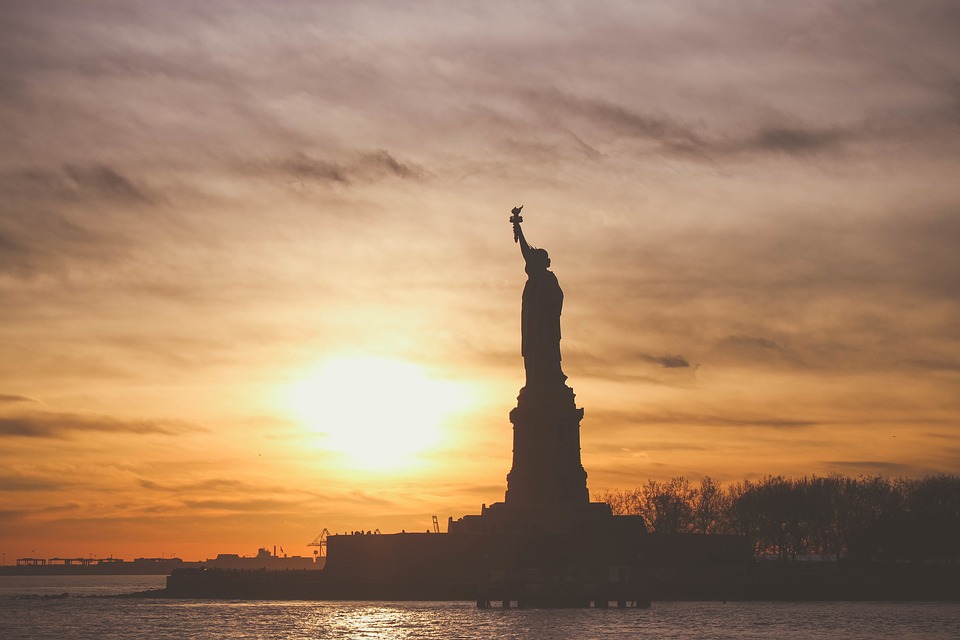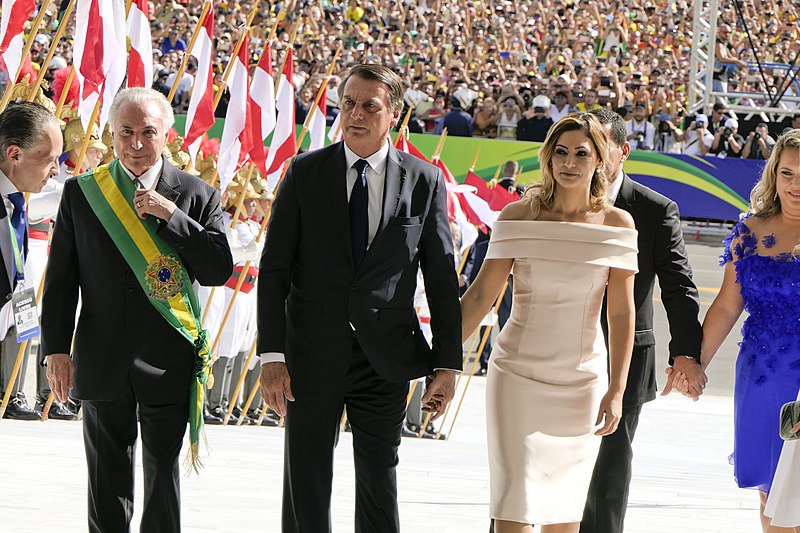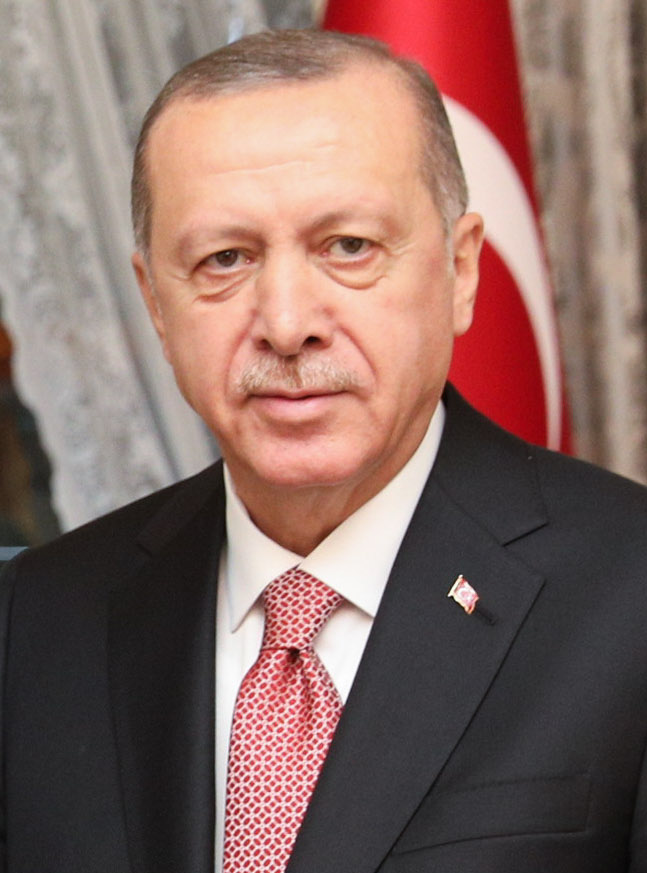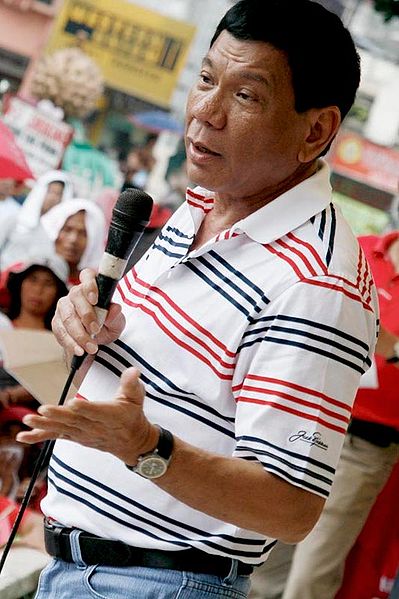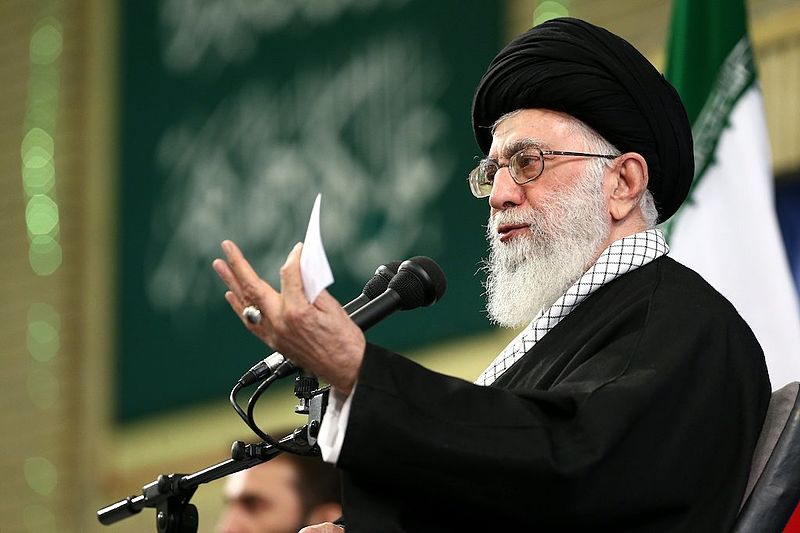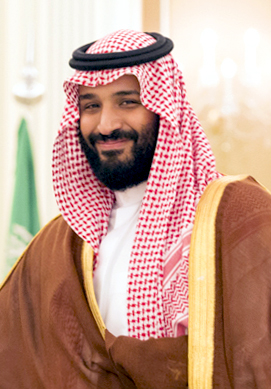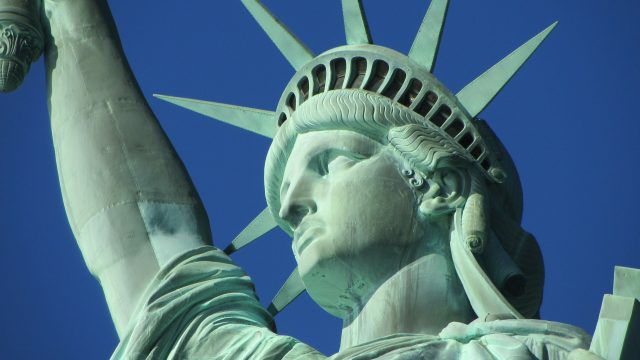
Let’s run a thought experiment. To start with, I want you to hold two things firmly in your mind. The first is your moral identity: your politics, your religion, your general moral outlook on the world. Think of the top four or five moral issues most important to you, and imagine how much better the world would be if we took serious, large-scale action on those issues.
Secondly, think of your opposition: the people who want to stop progress from happening on the issues that matter to you. Consider what motivates them to be so hostile toward your moral views. Remember all of the unnecessary harm they cause in the world. Imagine what a better place the world would be, and all of the beneficial improvements society could achieve, without their obstruction.
During this exercise, you’re not allowed to attribute anything I say about you to your opposition, and you’re not allowed to attribute anything I say about your opposition to you. What I say you do, you do, and what I say your opposition does, they do.
So now, holding both your own moral identity and your opposition’s antagonism firmly in your mind, and remembering every major moral outcome that’s at stake, let’s begin.
I am offering you total control over all governments, businesses, and other institutions on the planet Earth. Under this offer, every single person who holds any kind of power in the world must answer to you, and it’s ultimately you who okays or vetoes every major decision they make. This didn’t happen due to any kind of coup or revolution. This all-encompassing power has been abruptly granted to you through the magic of the thought experiment.
Okay, but maybe you don’t want that kind of power. In that case, the person with the power is your own chosen representative, whose views on moral issues perfectly align with yours. There isn’t a single issue on which you and your representative disagree.
The bottom line is: Your moral ideas, which once had a sphere of influence extending mainly to your moral community, suddenly achieve total control of the world, and are able to reshape it as you see fit.
But there’s a catch. You have to wield your newfound power according to the following guidelines.
Your opposition still exists and is eager to ensure you can’t make your vision of reality a reality, so they’ll invest gargantuan sums of money, time, and energy to restore the world to the way it was before you magically obtained total control. You’ll need to act fast to stop them.
You decide that your control of the world is too important to be limited by constitutions, term limits, or any formal, legal definitions of the scope of your power. It’s much easier to act without such limitations. So you never enact any limitations. You even forbid the formation of an independent judiciary that could pester you as you try to implement policies based on your moral vision. The rule of law thus becomes whatever you say it is. The police answer only to you.
It’s not just one global police organization, either. You don’t want the police rising up against you, so you create numerous global law enforcement organizations who surveil not only the general public, but also each other for signs of subversive activities. You invest substantial resources in building up your police and your military, to display your strength and the strength of your moral ideas to anyone who might rise up against them.
You install a perfunctory legislature to make your power seem more legitimate. You’re okay with the world’s voters selecting politicians who represent them in this legislature, and as long as the legislature doesn’t fight you on anything you care about, you let it operate as it wants. But it can never violate your wishes. You can veto any laws it passes.
Election to the legislature, and to all governmental organizations, is also tightly controlled by you. Only people who share your stances on moral issues are allowed to run for office. Citizens who vote for any other candidates are punished with both jail time and the indefinite suspension of their right to vote. They’re bad people who mean the world harm, after all. They don’t deserve that right.
You draw the borders of election districts specifically to favor groups of citizens who like you, and to disadvantage groups of citizens who dislike you. This makes the election of politicians who favor your moral views so mathematically certain that you make a pretty bold move. You decide that you yourself will run for reelection every few years. Your popularity then becomes enshrined in election data, legitimizing your power even more in the public’s eyes. Massive advertising campaigns applauding your leadership and excoriating your opposition further ensure that most citizens think you’re a good leader. (Especially because your opposition isn’t allowed to advertise at all.)
You do let your opposition organize against you to a small degree, just to remind the public that such bad people still mean society harm. But if they ever gain any traction in public persuasion or an election campaign, you send the police to ransack their campaign headquarters and arrest the organizers for inciting unrest and disrupting civil order.
If, for any reason, you or a politician who supports you ever does lose an election, you use the power of your global platform to cast doubt on the result. Maybe you say that people who weren’t allowed to vote were voting, or that your opposition engaged in large-scale fraud, or that a technicality of the election system means the results are invalid. You have the full force of the media behind you. Most people believe what you say just because they have no way of hearing other viewpoints.
Speaking of the media, if any journalists ever criticize you, you have the police arrest them. You give the press a list of subjects that they’re free to talk about, and another list of subjects that, if publicly discussed, might threaten your ability to implement your moral vision. If the press ever talks about anything on that list, they’re censored. If any forbidden piece of information does leak past censorship, you attack it as propaganda created by your opposition. Again, most people in the general public believe you. They’ve never heard your opposition’s views described by anyone but you, who demonizes those views.
When you or your government makes a mistake, you use your control of the media to manipulate information in your favor, painting yourself as the unfortunate hero beset by adverse circumstances. You exert even tighter control during these times of trouble, taxing your opponents more harshly than your supporters, clamping down on your opposition, purging anyone within your own government who might try to overthrow you. Even during normal times, your global network of security cameras and spy satellites monitors anyone who might challenge your power.
It’s good to be in your inner, trusted circle of collaborators. Within this circle you keep your closest friends, who agree with everything you say and never challenge your moral vision for the world. They help you oversee your global operations, and they and their businesses are paid quite well for their loyalty.
On the other hand, life is not great for your opposition. Many of them have criminal records due to your frequent jailing of them, so they have difficulty finding employment. Many have lost the right to vote. All are forbidden from obtaining a formal education.
You’ve been arresting a lot of people. You recognize that under normal circumstances, due process and fair trials are important, but these aren’t normal circumstances. You finally have a chance to reshape the world in ways that your moral views indicate would benefit everyone. So you decree that there are no more trials now. Arrests now lead directly to imprisonment.
You’ve been making all these changes to society so that you can help repair the world from the damage your opposition caused, and before long, you notice a secondary effect that your changes are having on the world’s citizens. You’ve made sure they’re not free to act against you, but they’re now behaving as if they aren’t free to even think against you.
Public criticism of your regime grows less common. If people think your policies are bad, or that different polices would be better, they no longer voice their concerns. People are afraid to even discuss alternatives to your ideas, lest they be labeled as a dissenter, which could lead to public shaming, bullying, or arrest. Certain religious and other special interest groups were highly critical of you at first, but now that you’ve forbid them from publicly assembling, their members scatter, their sedition erased.
When your opposition tries to speak freely, you castigate them for attacking your own freedom of speech. You say that any attempt by them to curb your power is them trampling your rights as leader, victimizing you. Their harmful ideas must not be allowed to percolate through society, so you bully them into silence. You appeal to the general public’s emotions so that they fear for their safety from the opposition, who wants to destroy all things good in the world. You portray any drastic measures you take as necessary evils to prevent them from seizing power.
As children grow up in this new world you’ve created, they never hear any ideas but yours. They’re socialized to see you and your moral vision as infallible. They’re educated so that they’ll never question your ideas, and never even think that other ideas might exist.
All of the above may seem harsh. By now, you’ve gone to pretty extreme lengths in service of your moral goals. But remember, by your own definition, these are good moral goals. You’ve only reshaped society because if you hadn’t, most of the advances you’ve made during your term as supreme leader would never have been possible. Without the changes you’ve made, your opposition wouldn’t have let you get very far at all.
So at last, let me ask you: Do you accept my offer? Will you become supreme leader of planet Earth under the stipulation that you rule in the manner I’ve described? Don’t just shrug this question off as a joke. Seriously consider what your answer might be if this power were really granted to you.
I sincerely hope your answer is no. I hope you recognize that no matter how just or righteous or pure a group’s moral vision is, no one should be allowed to reshape the world in the way you did in this thought experiment.
Unfortunately, there are troubling signs that we’re becoming increasingly comfortable with the idea of a more authoritarian society. The world is currently in the midst of a democratic recession, and has been since 2006. We are becoming more likely to endorse the will of a single strong leader who agrees with our moral views than to endorse the democratic will of the people. More often than any time in the past half-century, we are acquiescing as strongmen demolish democratic norms and institutions that were originally designed to keep checks on power. Their designers wanted to prevent society from deteriorating into the authoritarianism described above. They realized that no matter how well-intentioned authoritarianism’s originators, it always develops pernicious features like those in the though experiment. The “catch” I described in this thought experiment isn’t a catch at all. It’s a collection of authoritarianism’s defining traits.
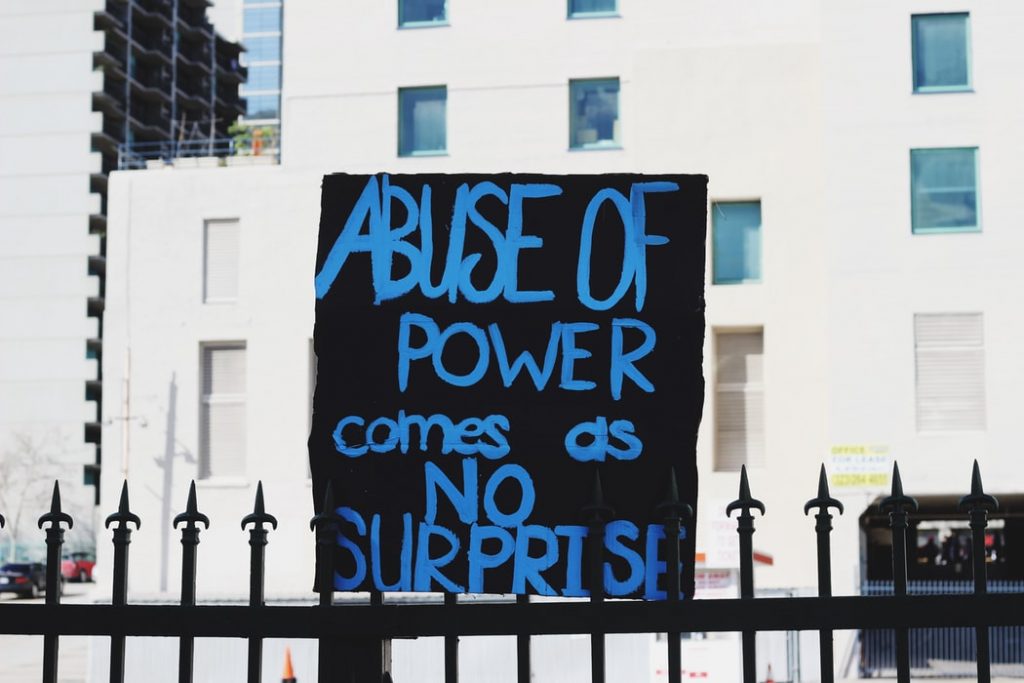
Then we respond to these strongmen with our own bullying authoritarian appeals and self-righteous certainty. Sensing the threat from outside our moral communities, we seek to strengthen them by purifying them from within, espousing ideological orthodoxy and becoming intolerant of even minor disagreements.
Authoritarian trends have gotten so bad that in the United States, broad bipartisan support exists for declaring that elections are illegitimate if our own favored candidate doesn’t win. And as the Voter Study Group found earlier this year:
“Despite widespread support for checks and balances in the abstract, fewer than half of Americans object to the president acting unilaterally without constitutional authority or congressional approval…”
People of all political stripes are increasingly skeptical of using democratic processes to achieve their political goals, and increasingly comfortable using power (in its varied forms) to force their political goals onto their opponents. This phenomenon is easy to see when we’re its victims, but it’s unfortunately much harder to recognize when we are the perpetrators.
Democracy is the engine of social, economic, technological, and ethical progress. It’s a way to let people with diverse and competing moral views reach a consensus on what way of running society is acceptable to the greatest number of people living in it. It’s a way for people who disagree with each other to collaborate in shaping the civilization they share. Over time, it gives minority viewpoints opportunities to percolate into the mainstream, letting society incorporate ideas from diverse thought paradigms.
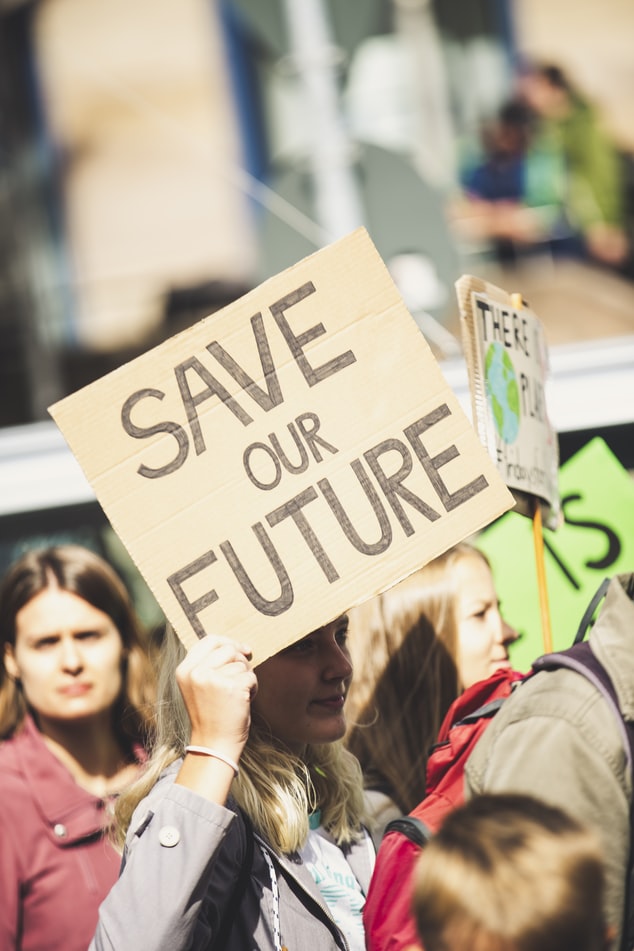
Democracy doesn’t always lead to ideal results in the short term, but it has led to colossal long-term human progress over the past two centuries. Its track record of creating human flourishing is incomparably better than authoritarianism’s. We have no reason to think this will change in the future. So instead of flirting with authoritarianism in the face of every short term loss, let’s keep the long game in mind, and remain loyal to democracy even when democracy doesn’t appear loyal to us.
Let’s recognize authoritarianism for what it is, even when we agree with the policies it’s trying to implement. Let’s educate people that there are reliable ways to determine verifiable facts that don’t rely on groupthink or ideological conformity. Let’s vigorously confront economic inequality, which is likely a key source of the current authoritarian resurgence. Let’s support policies that put economic pressure on authoritarian regimes to open themselves up. And let’s stop blindly idolizing power.
I wrote this thought experiment because I believe it describes a nuance of how authoritarianism starts that we don’t often acknowledge. Authoritarianism starts not with the ignorance of brainwashed masses, but instead with normal people like you and me who are certain we know what’s best for the world and are willing to bully anyone who thinks differently.
I deeply hope our commitment to democracy is strong enough that we can tolerate it even when it defies our moral wishes. A world without democracy is not a world any of us should want to live in.
